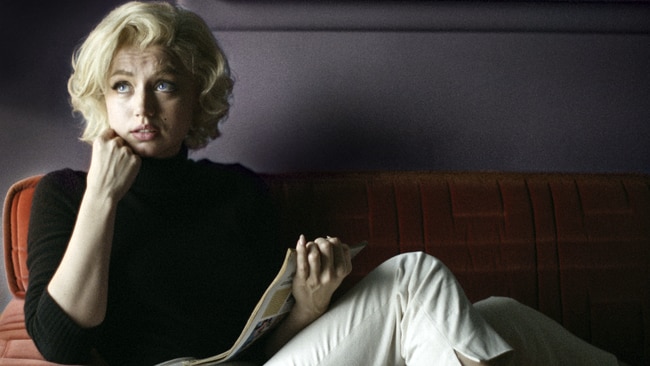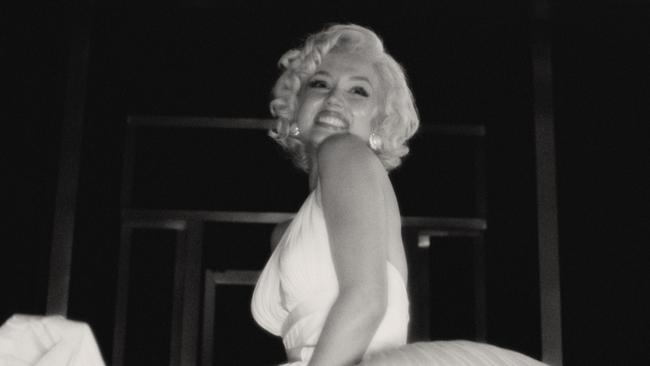Blonde is a compelling, imperfect film
At three hours long, with no emotional reprieve, Andrew Dominik's Marilyn Monroe biopic is a slog, one that is justified by its sheer gorgeousness.

At three hours long, with no emotional reprieve, Andrew Dominik's Marilyn Monroe biopic is a slog, one that is justified by its sheer gorgeousness.
Blonde is a deeply miserable, emotionally mutilating film. One that offers no levity. Andrew Dominik’s white whale, 10 years in the making, takes us on an unrelenting downward spiral.
From Norma Jean Baker, the unwanted child neglected by her father and abused by her mentally ill mother (there’s a harrowing scene where her mother, naked, attempts to drown young Norma in a bath.)
To exploited film star Marilyn Monroe, an actress without autonomy, who earns her first film role not through auditioning, but through sexual violation at the hands of an unscrupulous film executive.

At three hours long, with no emotional reprieve, Blonde is a slog, one that is justified by the sheer gorgeousness of the film. You won’t want to blink.
Underpinned by a disorientating and dreamlike score by Warren Ellis and Nick Cave, the visual effects are indulgent and hyperreal: aspect ratios skew between 4:3 and 16:9; it flips between bare black-and-white and rich technicolour; lens flare and night-vision shots are deployed; the faces of parasitic paparazzi are warped into Aphex Twin-like rictus grins; deepfake recreations of Marilyn images so ubiquitous they’re branded in our retinas evoke an uncanny temporality, like a goth sibling to Baz Luhrmann’s ELVIS.
The film hinges on the performance of its lead, Ana De Armas, who is in nearly every shot. She is simply extraordinary, it is such a pity that she is assigned the role of the perpetual victim, always on the brink of tears. De Armas is a nimble actress with a quality of intelligence in her heavy-lidded eyes.
Marilyn was mercurial, and De Armas seamlessly gear switches between nervy and flustered Norma Jean, to the coquettish and phosphorescent silver screen bombshell. She is desperate to be understood by a world hell-bent on reducing her.
She wants to be seen as more than her sexpot caricature; she’s well read in Dostoevsky and Chekhov, and has ambitions to act on the stage rather than the ‘puzzle’ that is Hollywood, but she is buried by her own distress.

Her father void is the driving force behind the film. She is constantly seeking paternal figures in the men she dates, going so far as to call both her husbands ‘daddy.’ The men, save for the kind but aloof playwright Arthur Miller (played by Adrien Brody, who is beginning to take on the qualities of the late Harry Dean Stanton), are all lecherous, sinister, and loveless.
As for the film’s NC-17 rating: there are distressing scenes of assault by a callous tycoon and an uncaring president; and a squickish abortion (shot from the point of view of her cervix) and a bloody miscarriage. But Dominik does not allow his camera to become a voyeur. The one sex scene is sensual and poignant — not at all gratuitous.
Blonde is not a perfect film, but it is a compelling blurring of fact and fiction.


